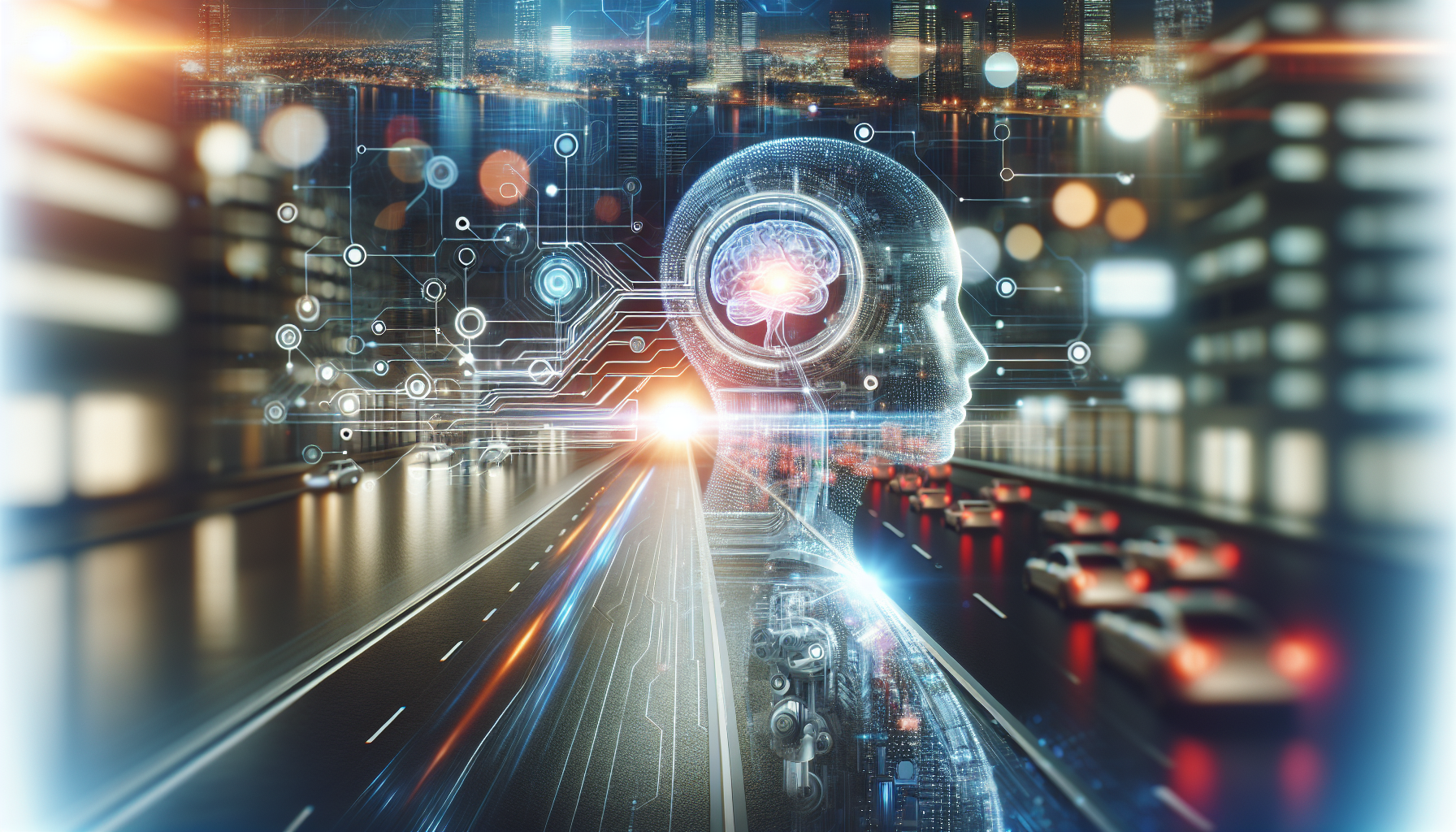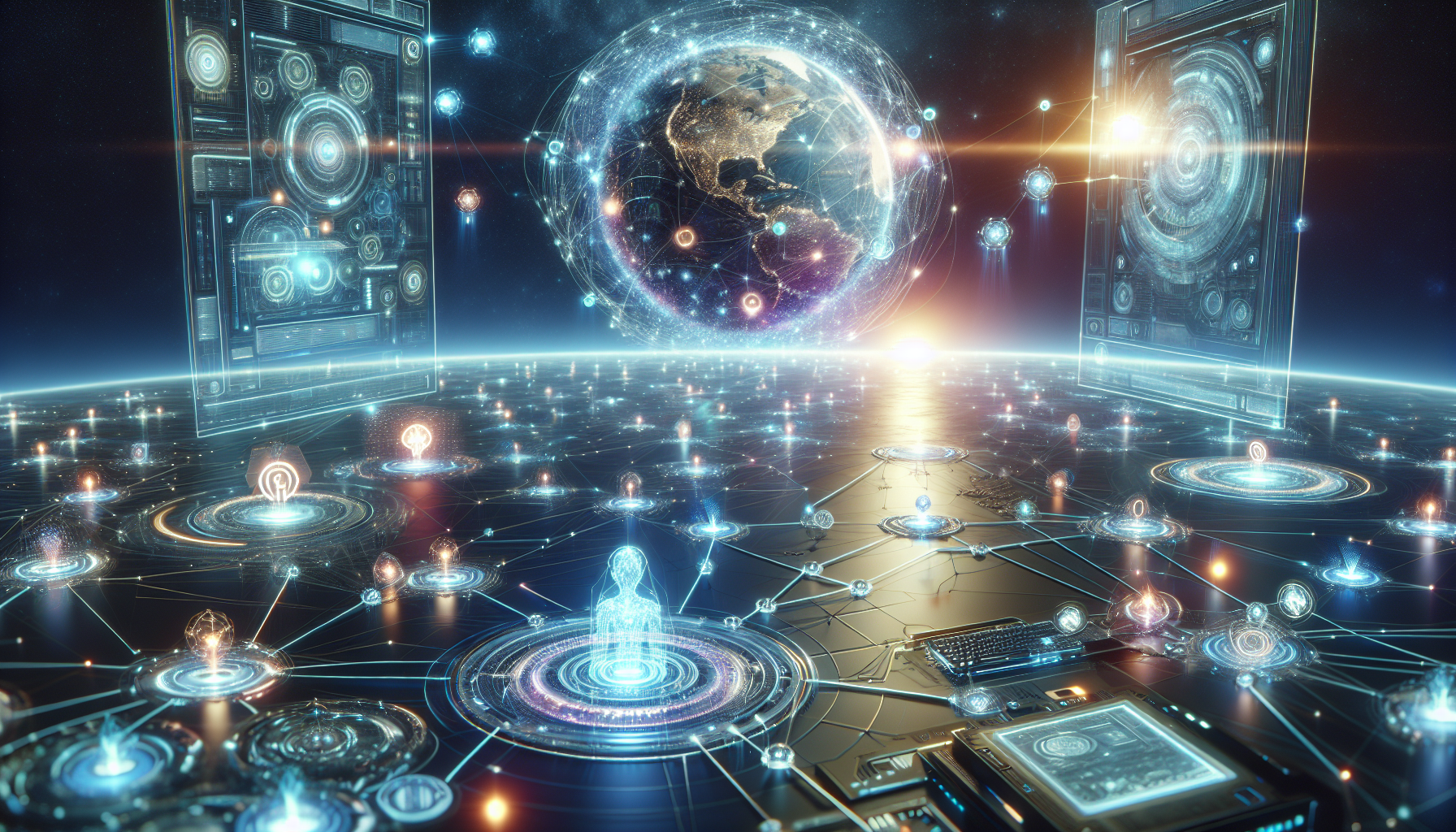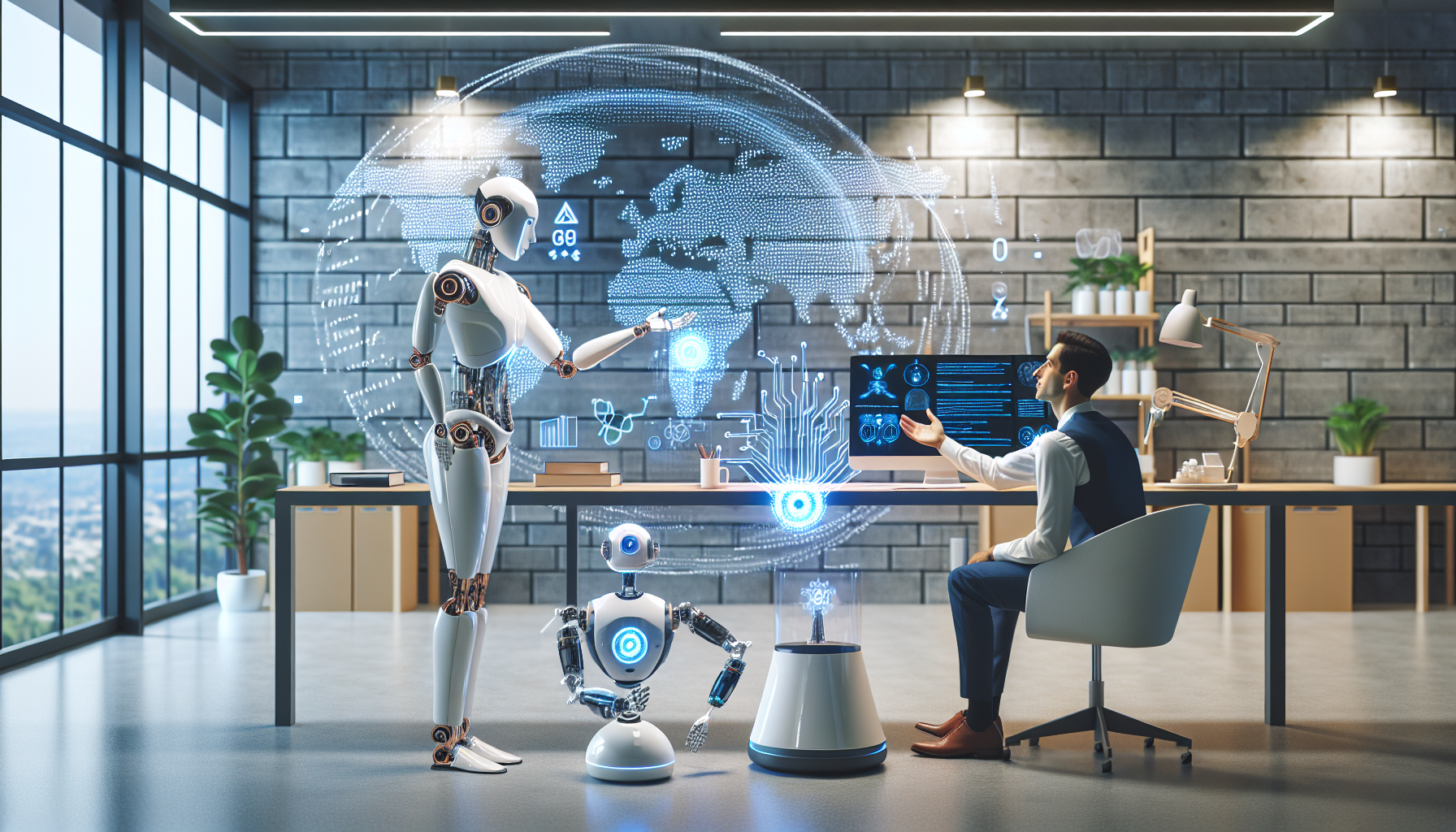
AI for Social Good: Future Predictions in Addressing Global Challenges
October 10, 2025
As artificial intelligence continues to advance, its potential to address some of the world's most pressing challenges is becoming increasingly evident. From climate change mitigation to healthcare improvements and poverty alleviation, AI stands poised to drive significant social good. Looking forward, what might the future hold for AI in these critical areas?
One of the most promising applications of AI is in the realm of environmental sustainability. By leveraging machine learning algorithms, researchers are now able to predict weather patterns with greater accuracy, optimize energy consumption, and enhance the efficiency of renewable energy systems. Future developments are expected to see AI systems playing even more integral roles in managing resources. Imagine AI-driven platforms that can model the intricate dynamics of ecosystems, providing insights that help conserve biodiversity and combat deforestation. Such technologies could become indispensable in the fight against climate change, offering innovative solutions that are both scalable and adaptable to various ecological contexts.
In the healthcare sector, AI's potential to transform patient care is vast. Predictive analytics and personalized medicine, powered by AI, are already beginning to reshape how we understand and treat diseases. However, the future promises even more groundbreaking advancements. AI could revolutionize diagnostic procedures, making early detection of diseases more accurate and accessible across different socio-economic strata. Moreover, the integration of AI in telemedicine services could democratize access to quality healthcare, bringing expert medical consultation to remote and underserved communities. As AI continues to learn and adapt, its ability to develop novel drugs and treatment plans tailored to individual genetic profiles could lead to unprecedented levels of precision in medicine.
AI's role in education is another area where significant impact can be anticipated. Adaptive learning platforms, which adjust content and pace according to individual student needs, are just the beginning. In the future, AI could facilitate a more inclusive educational environment, transcending language barriers and catering to diverse learning abilities. By analyzing vast amounts of educational data, AI could provide educators with insights into effective teaching strategies, helping to close achievement gaps and promote lifelong learning. Such advancements could empower students from all backgrounds, fostering a generation equipped to tackle future challenges.
The fight against poverty also stands to benefit from AI's capabilities. AI-driven data analysis could lead to more targeted and effective social programs, identifying the most vulnerable populations and tailoring interventions to their specific needs. Furthermore, AI could enhance agricultural productivity through precision farming techniques, optimizing resource use and increasing yields. By improving food security and creating more stable economic conditions, AI could help lift communities out of poverty and contribute to sustainable development.
Despite these promising prospects, the deployment of AI for social good is not without challenges. Ethical concerns, such as data privacy, bias in algorithms, and the transparency of AI systems, need to be addressed to ensure equitable outcomes. There is also the question of accessibility: how can these advanced technologies be made available to all, rather than being concentrated in the hands of a privileged few? Future developments must prioritize inclusivity and fairness to ensure that AI serves as a force for global good.
As we look ahead, the potential for AI to address global challenges seems boundless. However, realizing this potential will require concerted efforts from governments, private sectors, and civil society to foster collaboration and innovation. By working together, we can harness the power of AI not only to solve today's problems but to anticipate and prepare for those of tomorrow.
What role will AI play in shaping a more equitable and sustainable future, and how can we ensure that its benefits are shared by all? The answers to these questions will define the trajectory of AI's contribution to society in the years to come. As we navigate this rapidly evolving landscape, it is imperative to remain vigilant and proactive, ensuring that AI's development aligns with the values and needs of humanity.


